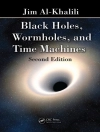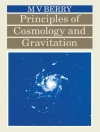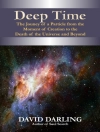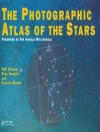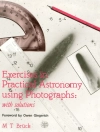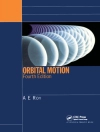Radio telescopes as well as communication antennas operate under the influence of gravity, temperature and wind. Among those, temperature influences may degrade the performance of a radio telescope through transient changes of the focus, pointing, path length and sensitivity, often in an unpredictable way. Thermal Design and Thermal Behaviour of Radio Telescopes and their Enclosures reviews the design and construction principles of radio telescopes in view of thermal aspects and heat transfer with the variable thermal environment; it explains supporting thermal model calculations and the application and efficiency of thermal protection and temperature control; it presents many measurements illustrating the thermal behaviour of telescopes in the environment of their observatory sites.
The book benefits scientists and radio/communication engineers, telescope designers and construction firms as well as telescope operators, observatory staff, but also the observing astronomer who is directly confronted with the thermal behaviour of a telescope.
Tabela de Conteúdo
Radio Astronomy and Radio Telescopes.- Radio Telescope Constructions in View of Thermal Aspects.- Telescope Enclosures.- The Variable Thermal Environment.- Calculation of Solar Illumination.- Temperature Measurements and FEM Thermal Deformation Calculations.- Heat Transfer.- Radiative Coupling towards Sky and Ground (External View Factor).- Measured Thermal Behaviour of Radio Telescopes.- Measured Thermal Behaviour of Enclosures.- Thermal Model Calculations.- Beam Formation and Beam Degradation.- Thermal Tolerances.- Optical Telescopes and Enclosures.- A Summary and Further Studies.




